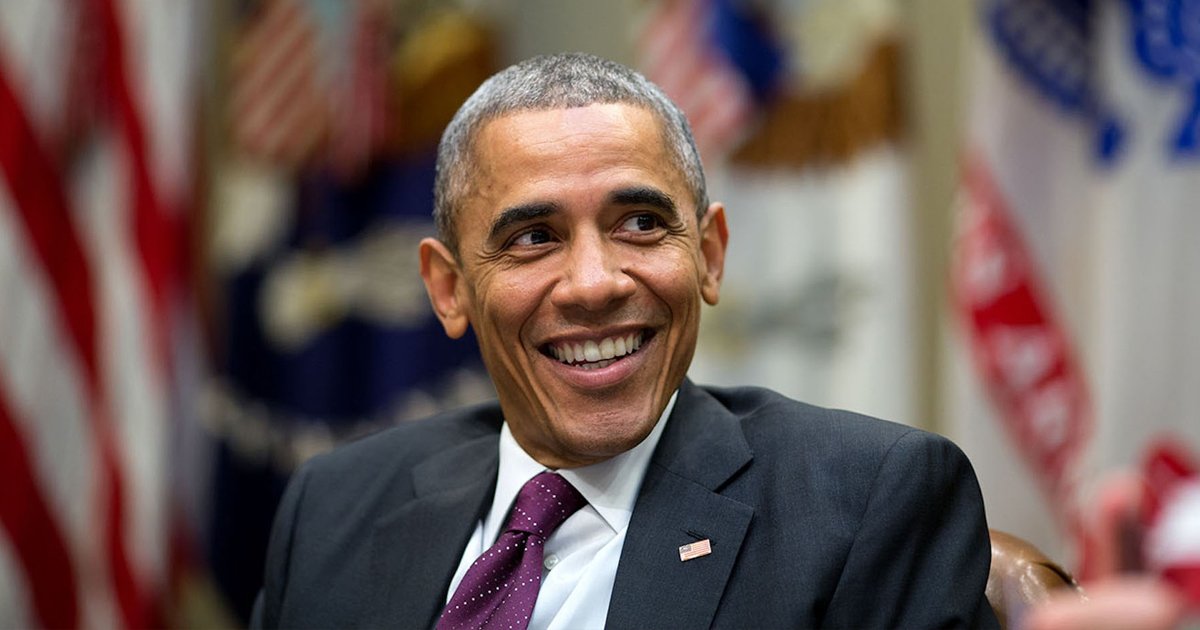Despite years of economic suffering brought on by Wall Street’s out-of-control brand of “casino capitalism,” Hillary Clinton continues to defend her husband’s dismantling of Glass-Stegall. She believes that higher fees on institutions engaging in high-risk, speculative transactions and giving regulators the “ability” to stop them will be enough to protect consumers and rein in the financial industry’s excessive behaviors.
Both Sanders and Clinton, who were the stars of Tuesday evening’s Democratic debates, are in agreement on the issue of the most extreme income inequality seen in over nine decades. Where they part ways is on how to address the problem.
Former Secretary of State Clinton offers a “five-point plan” she says is “tougher, because we have to deal with the problem that the banks are still too big to fail.” Her plan would allow regulators to break up big banks – if those regulators believed they posed a risk.
And that is a big “if.” Sanders re-iterates that “greed and recklessness and illegal behavior of Wall Street, where fraud is a business model, helped to destroy this economy and the lives of millions of people.” Sanders, as well as fellow candidate Martin O’Malley, are calling for nothing less than full reinstatement of Glass-Stegall, the 1933 legislation that put a firewall between investment banking and commercial banking. It was intended to address one of the primary causes of the Stock Market Crash of 1929, which plunged the world into a decade-long economic depression.
Hillary Clinton refuses to go that far. Her response: “I represented Wall Street, as a senator from New York, and I went to Wall Street in 2007 – before the big crash – and I basically said, ‘cut it out! Quit foreclosing on homes! Quit engaging in these kinds of speculative behaviors.’”
The following year, we all saw how much good that did. Yet, Clinton’s proposal is essentially the same. She states that her proposal would have the “potential” of sending actual, natural human executives to prison, and “give regulators the authority to go after the big banks.” However, she refuses to put any real teeth into the law by calling for the reinstatement of the Glass-Stegall Act.
Sanders points out – quite accurately – that “Congress does not regulate Wall Street. Wall Street regulates Congress…and we have gotta break up these banks. Going to them and saying, ‘please, do the right thing’ is kind of naive.”
Hillary Clinton advocates implementation of Dodd-Frank, which arguably has done some good, as well as strengthening the Consumer Financial Protection Board. Nonetheless, as well-intentioned as she may be, Clinton is still unwilling to attack the problem at its root. Banking and financial institutions have grown “too big to fail,” wielding such incredible power that legislators and regulators cower before them.
Hillary Clinton is being very naïve if she really believes that Wall Street “will be good” if she simply asks them to – or waves a stick and threatens them.


